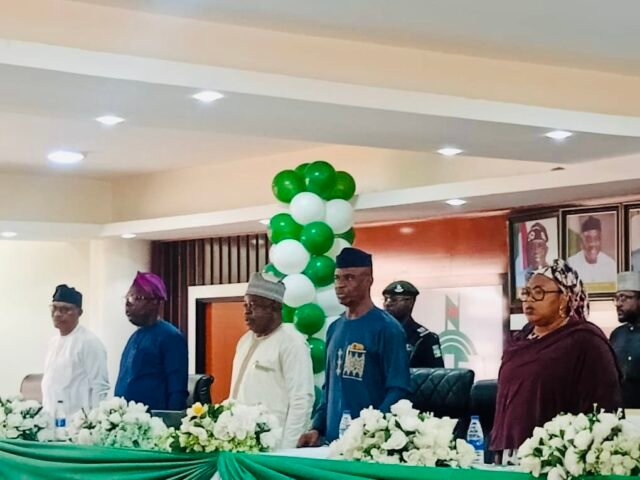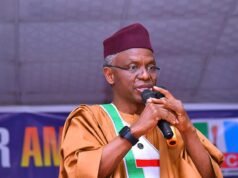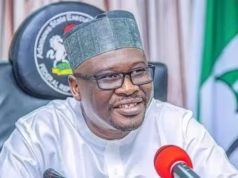In a bold step to reform technical and vocational education in the country, the National Business and Technical Examinations Board (NABTEB) has convened educators, policymakers, and industry experts to review and validate the syllabuses of 26 trade areas taught in Nigeria’s technical colleges.
The five-day workshop, held in Abuja, is not just a bureaucratic exercise but a transformative move aimed at aligning classroom instruction with the skills required in today’s economy. At its core, the reform represents a recognition that Nigeria’s future workforce must be equipped not just for yesterday’s industries but for the innovations, sustainability goals, and technological disruptions shaping tomorrow.
Table of Contents
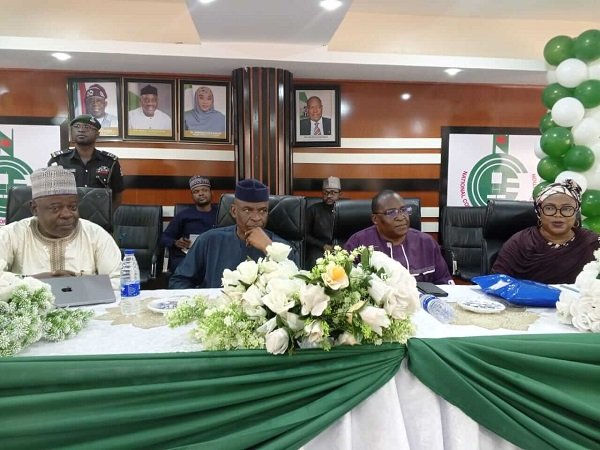
Updating Skills for a Changing Economy
Technical colleges in Nigeria have long been seen as gateways to skills acquisition, producing artisans, craftsmen, and professionals in trades that sustain everyday life. However, with the pace of global change, much of the content has fallen behind. That reality informed NABTEB’s decision to work with stakeholders on reviewing the syllabuses across diverse trade areas such as robotics, machine learning, automotive mechatronics, cinematography, digital communications, solar panel installation, smart agriculture, beauty therapy, hospitality, fisheries, and aquaculture.
Dr. Mohammed Aminu Mohammed, NABTEB’s Registrar and Chief Executive, said the exercise signals Nigeria’s determination to ensure that graduates of technical colleges are not left behind in a world increasingly driven by innovation.
“Our task is not just to modernise old trades but to integrate new ones,” he said. “Including fields like renewable energy, social media communications, and climate-smart agriculture demonstrates our commitment to building a future-ready workforce.”
Dr. Mohammed stressed that the reforms also consider Nigeria’s urgent needs in food security, energy diversification, and sustainable development. By embedding trades like solar photovoltaic installations and smart agriculture, NABTEB is deliberately connecting education to national priorities.
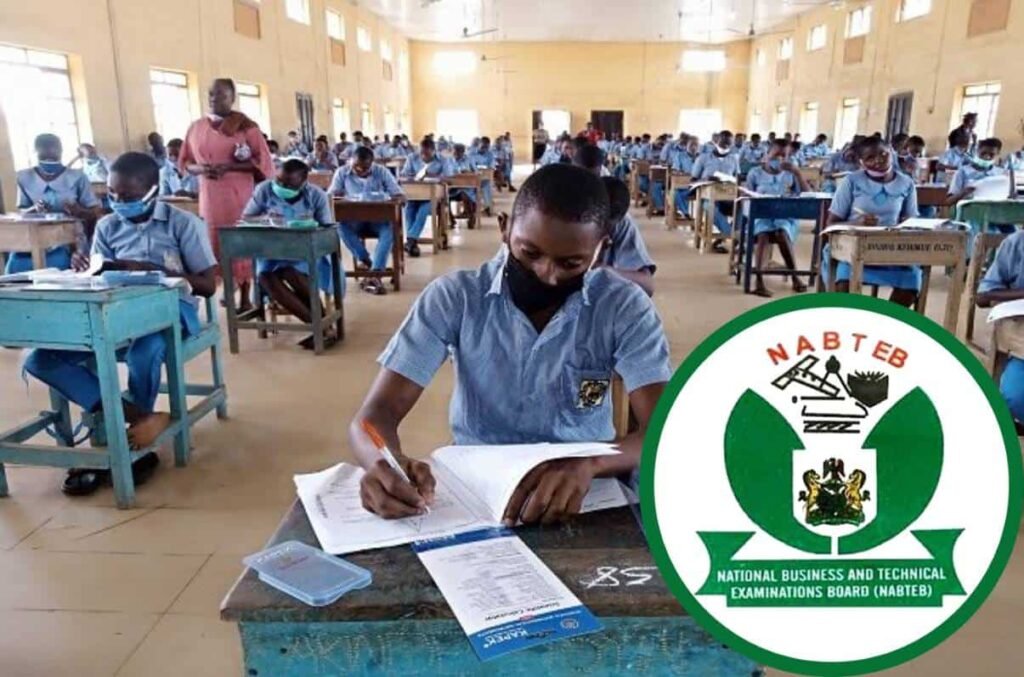
Partnership Between Schools, Industry and Regulators
What makes this review significant is the breadth of collaboration. Representatives from the Federal Ministry of Education, industry professionals, principals of technical colleges, and curriculum experts all participated in shaping the new syllabuses.
Dr. Muyibat Olodu, Director of Technology and Science Education at the Ministry, represented by Mr. Kola Osundeyi, reminded participants that technical education must meet both local expectations and international benchmarks. “Nigeria cannot afford to train young people with outdated tools and methods. Our curricula must speak to global realities,” she said.
Principals of technical colleges also voiced support. Speaking on behalf of his colleagues, Mr. Frank Omale, Principal of the Federal Technical College, Orozo, described the exercise as a “milestone.” He pledged that principals across the country would adopt and implement the revised syllabuses with commitment, not only to produce skilled graduates but to mould them into disciplined, patriotic, and innovative citizens.
Industry voices added weight to the conversation, emphasising that the new curricula must reflect real market needs. Employers want graduates who can adapt, problem-solve, and bring immediate value to their organisations. The participation of stakeholders from private industry was therefore seen as critical in ensuring that the revised syllabuses do not remain theoretical documents but living guides that connect learning with livelihoods.
Technical Education as a Driver of Development
The broader message from NABTEB and its partners is clear: Technical and Vocational Education and Training (TVET) is not a fallback option but a central pillar for Nigeria’s development strategy. The reviewed syllabuses are intended to be academically robust yet highly practical, preparing students for self-employment, apprenticeships, and roles in both the formal and informal economy.
Dr. Mohammed reminded participants that TVET must serve as the engine of economic diversification. “Nigeria’s oil revenues cannot sustain our aspirations forever. A skilled workforce is the currency of modern economies,” he said. “If we train our young people properly, they will not only find jobs but create them.”
The inclusion of areas like cosmetology, hospitality, and creative industries also highlights NABTEB’s recognition of Nigeria’s vibrant service sector. With Nollywood, tourism, and the beauty industry generating billions, it is no coincidence that these sectors now feature in technical college syllabuses.
The environmental dimension is equally important. Courses on renewable energy and smart farming underscore how TVET can support Nigeria’s commitments to sustainability and climate resilience. By training young people in these fields, the country positions itself not just as a consumer of foreign technology but as a producer of locally relevant solutions.
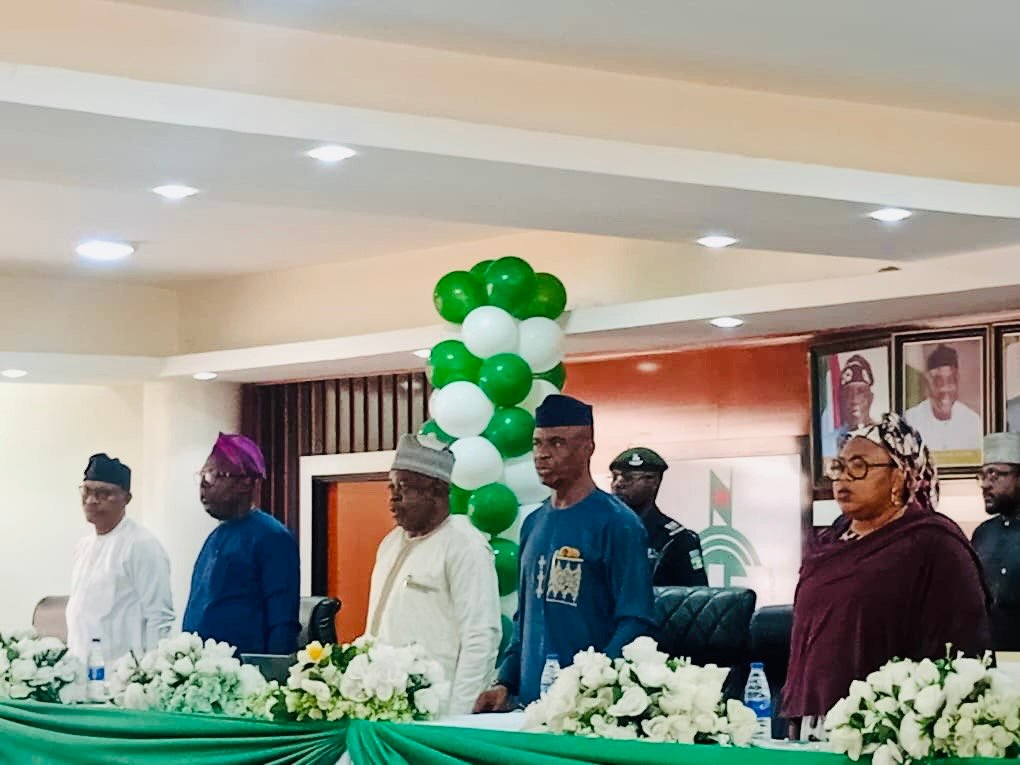
What Comes Next
Once the validation process is complete, NABTEB plans to roll out the revised syllabuses across all technical colleges nationwide. Implementation will involve retraining teachers, updating learning resources, and possibly investing in infrastructure to match new demands.
Stakeholders are optimistic but also realistic about the challenges ahead. Funding, teacher capacity, and equipment shortages remain perennial hurdles in Nigeria’s education system. However, many argue that having the right curriculum is the first and most critical step.
Education experts note that the new syllabuses could also open doors for international collaboration, particularly with development partners keen on supporting vocational skills in Africa. If implemented well, Nigeria could emerge as a regional hub for TVET excellence.
For students, the reforms promise a future where the gap between classroom learning and real-world work is narrowed. Graduates will be better prepared not only for employment but also for entrepreneurship. As NABTEB and its partners stress, the ultimate goal is a generation of young Nigerians who can compete globally while addressing local challenges.
Join Our Social Media Channels:
WhatsApp: NaijaEyes
Facebook: NaijaEyes
Twitter: NaijaEyes
Instagram: NaijaEyes
TikTok: NaijaEyes
READ THE LATEST EDUCATION NEWS


